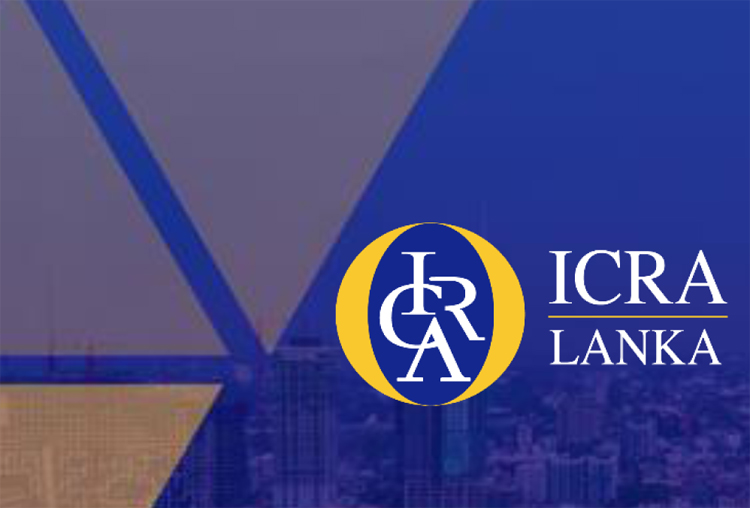November, 17, 2021

The Government of Sri Lanka (GoSL) presented what can be considered a conservative budget for 2022. Key themes of the budget speech centered around expenditure rationalization, revenue enhancement, and import substitution. The speech also made several surprising but crucial remarks about the public sector, social welfare, and price controls. ICRA Lanka recognizes that the GoSL has put forth a number of favourable proposals to strengthen tax administration and improve expenditure management. In our assessment, for Sri Lanka to achieve meaningful economic outcomes from the budget, far-reaching reforms have to be carried out and the GoSL should have the required political will and restraint to improve fiscal health.
Read ICRA Lanka’s initial observations of the Appropriation Bill.
Sri Lanka’s GDP growth forecast for 2022 among international agencies and rating agencies at the moment is largely diverse and varies from 2-to-5%. ICRA Lanka expects the growth to be about 4%. The GoSL plans to boost the total state revenue in 2022 by LKR 718 Bn from the estimated LKR 1,556 Bn in the current year. Achieving this revenue target will be somewhat challenging given the subdued economic growth next year and the likelihood of import restrictions continuing through 2022.
The fiscal space available to boost economic growth via capital expenditure is greatly constrained at the moment by the country’s dire state of the external position. In this context, the GoSL has set out an expenditure target of about LKR 931 Mn to raise the share of public investments to 23.8% of the total expenditure in 2022 from estimated 17.1% in the current year. Given the government’s track record of consistently overestimating capital expenditure, LKR 700-800 Mn may be a realistic range for public investments.
Overwhelmingly large share of the fiscal spending is on the recurrent expenditure (77% in 2022). According to the government’s own estimates, the recurrent expenditure is projected to grow by about 6.4% next year. This figure is too optimistic especially when considering that the recurrent expenditure has been growing at about 10.7% on CAGR basis for the last decade.
Total domestic debt which is mainly composed of T-bills and T-bonds, stands at around LKR 10.3 Tn as of July 2021. We believe that tightening by the Fed may prompt South Asian central banks, including the CBSL, to raise policy rates next year. In addition, the government’s overreliance on the domestic financing amidst tighter market liquidity may put pressure on the yields to go up. These events would lead to substantial increase in the debt servicing cost. Therefore, recurrent expenditure may grow at a faster pace than what is projected in the budget.
The budget calls for narrowing the fiscal deficit to 8.8% of GDP in 2022 from an estimated 11.1% this year. Achieving this deficit target will be challenging given the weaker economic outlook and stronger-than-projected expansion in the recurrent expenditure.
The profitability of a large number of listed and non-listed corporates is expected to be adversely affected due to proposed retrospective tax and the Social Security Contribution. The profitability of Banks in particular will decline due to restoration of VAT on financial services to former levels. The GoSL plans to raise around LKR 254 Bn through these proposals which would be a substantial drain from the corporate sector. During FY20 many corporates in general performed considerably well and have improved their ability to absorb these costs. However, haphazard imposition of retrospective taxes on arbitrarily selected groups as a matter of practice will send a wrong signal about the country’s business climate to international investors. Lack of policy consistency is a major weakness hindering foreign direct investments (FDI).
Video Story